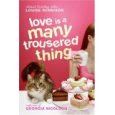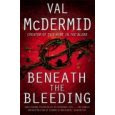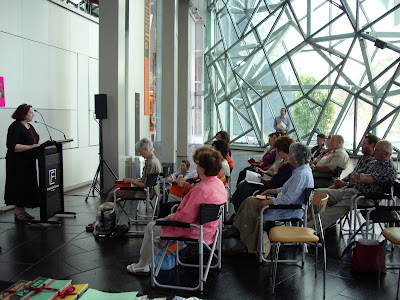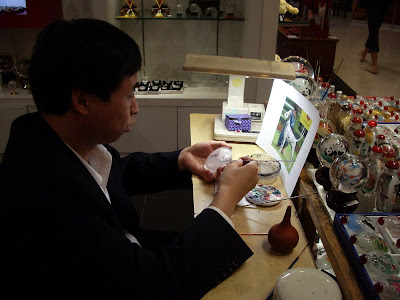 What a way to end the year. Last night we went along to Hamer Hall to a Tina Arena concert. Those familiar with her would remember her start way back in about 1975 with Young Talent Time. Even then, she had an amazing voice, and you would have thought instant, enduring stardom was on the cards. Not so. The music business chews up and spits out the gifted just like any other business that is about using talent to make money. Like many artists, she has had to work long and hard to "stay around" - she is one of Australia's top-selling singers yet for many people she's definitely not a household name.
What a way to end the year. Last night we went along to Hamer Hall to a Tina Arena concert. Those familiar with her would remember her start way back in about 1975 with Young Talent Time. Even then, she had an amazing voice, and you would have thought instant, enduring stardom was on the cards. Not so. The music business chews up and spits out the gifted just like any other business that is about using talent to make money. Like many artists, she has had to work long and hard to "stay around" - she is one of Australia's top-selling singers yet for many people she's definitely not a household name.The concert was fabulous, and went for over two hours. Her voice is absolutely amazing, and it was great to hear some older songs as well as plenty off her new album (above). I remember in high school that any time we had some kind of talent concert/contest, at least two girls would have a go at a wobbly, out-of-tune version of To Sir, With Love. Tina Arena revives it with her beautiful voice, as with several other classics.
In between songs, she chatted a bit, which was nice, and one of the things she talked about was being at school and singing professionally at the same time. Her mother wouldn't allow her to work in Years 11 and 12, but at the school's last assembly, her friends persuaded her to sing To Sir, With Love - I can imagine what that must have been like! She also talked about teachers who had nurtured and supported her, which made me think about my own high school teachers.
If you haven't heard her sing before, this is a link to a YouTube video of My Heart Will Go On
and another to Sorrento Moon. Anyone in France reading this will be very familiar with her - she is famous there and has released an album in French, although she now lives in London because she said in Paris she can't even go to the supermarket without being recognised. She is now 40 and, she says, has finally got to the point where she doesn't care what anyone thinks anymore. The new album is all her own - she decided what would go on it and how it would sound. She sounded more pleased about that than anything!
Thinking back to seeing her in YTT, and of her career since then, I feel that she epitomises the artist's life, whether it's in music, writing, art, acting, composition - you're in it for the long haul. There's a joke about how overnight success usually takes at least ten years, but it's true. I've been reading recently about writers who achieve success early and how many of them burn out or just fade away. They haven't done the "hard yards" that most people do, being rejected for years but persevering nonetheless, moving one step forward and being shoved back three, developing the thick skin you need to survive things like bad reviews. So here's to perseverance, to finding your place in the writing world and sticking to your dreams, no matter what.







